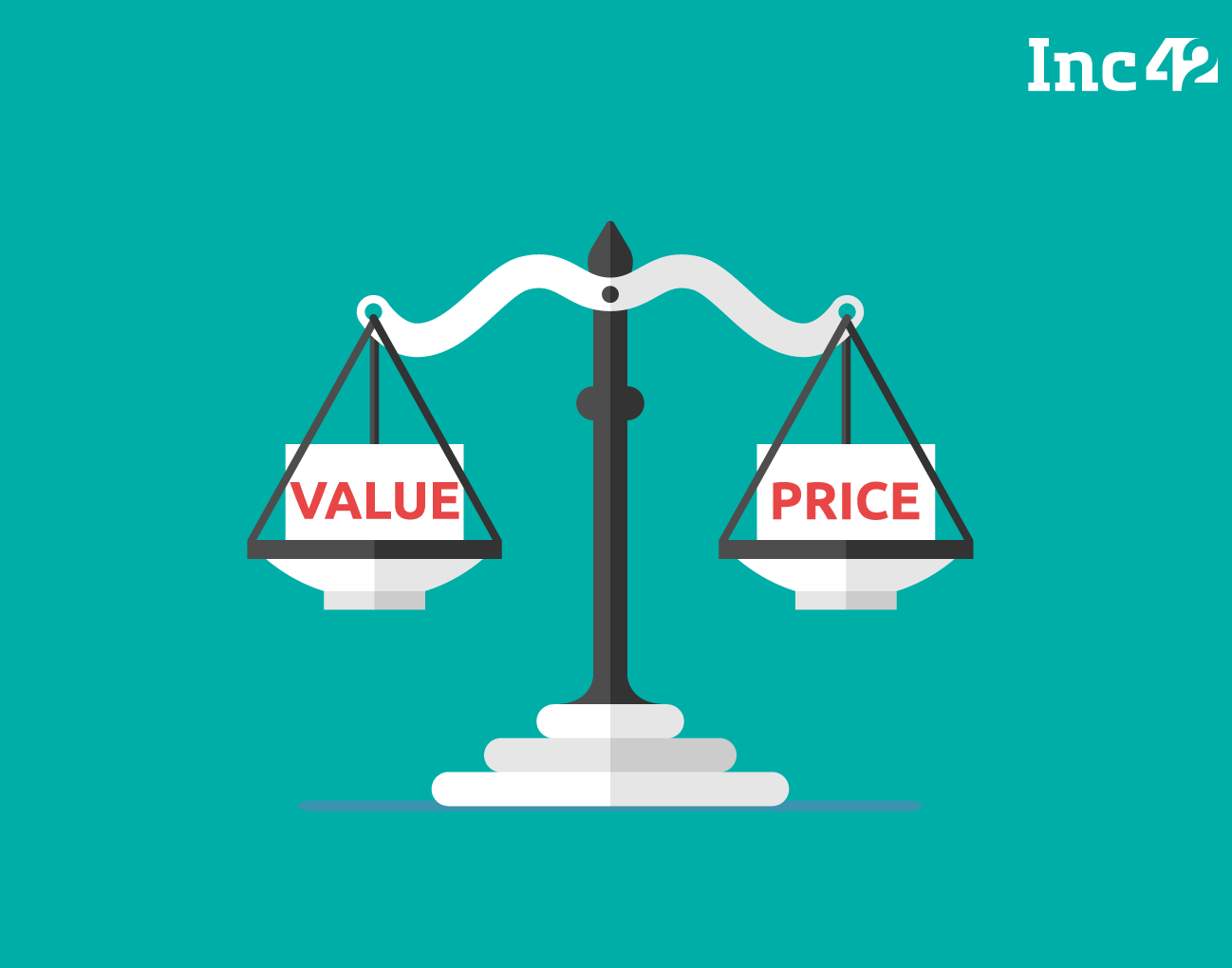Valuing a company is like figuring out how much a house is worth. Let’s explore three ways to do this: Market Value, Peer Comparison, and the Cash Flow Method.
1. Market Value of the Business

Imagine a company’s value is like the price tag on a house. Market Value is what other people are willing to pay for it. The market price of a company’s stock is a good indicator – it’s like the price tag on the house driven by what buyers and sellers agree on. If a company’s stock is priced lower than it should be, more people will want to buy it, and the price will go up.
2. Peer Comparison

Think of comparing a company to similar businesses as comparing houses in a neighborhood. This helps us see if a company is priced fairly. We can take the help of various financial ratios, such as looking at the Price to Earnings Ratio, to judge if a house’s price is reasonable compared to similar houses in the area. If a company is better than its peers, it should be worth more. KTrade analyses companies every single day to help our clients make better investment decisions, follow our Linkedin to stay updated on them.
3. Cash Flow Method

Now, let’s consider the future cash a company will make, like the rent a house can generate. The Cash Flow Method estimates a company’s value based on future cash flows. It’s like predicting how much rent a house will bring in. We also consider the time value of money, which means money today is more valuable than the same amount in the future. This helps us figure out how much those future cash flows are worth in today’s money. Learn more about evaluating companies through videos on our YouTube channel.
Time Value of Money

Understanding the Time Value of Money is crucial. It is the realization the money you have now will lose its value over time because it loses its earning potential. We use discounting to adjust future cash flows to their present value. This accounts for the opportunity cost – the value of using money elsewhere.
The earnings you make today could save you from potential losses in the future. Start investing early and secure your finances today, with KTrade Securities! Open your account here.
Conclusion
Overall, valuing a company is not so different from the factors considered when you are deciding to buy a house. Whether we look at what others are willing to pay, compare it to similar businesses, or estimate its future cash flows, each method helps us understand the company’s true value. By understanding these methods, we can make better investing decisions and navigate the financial world with confidence.

